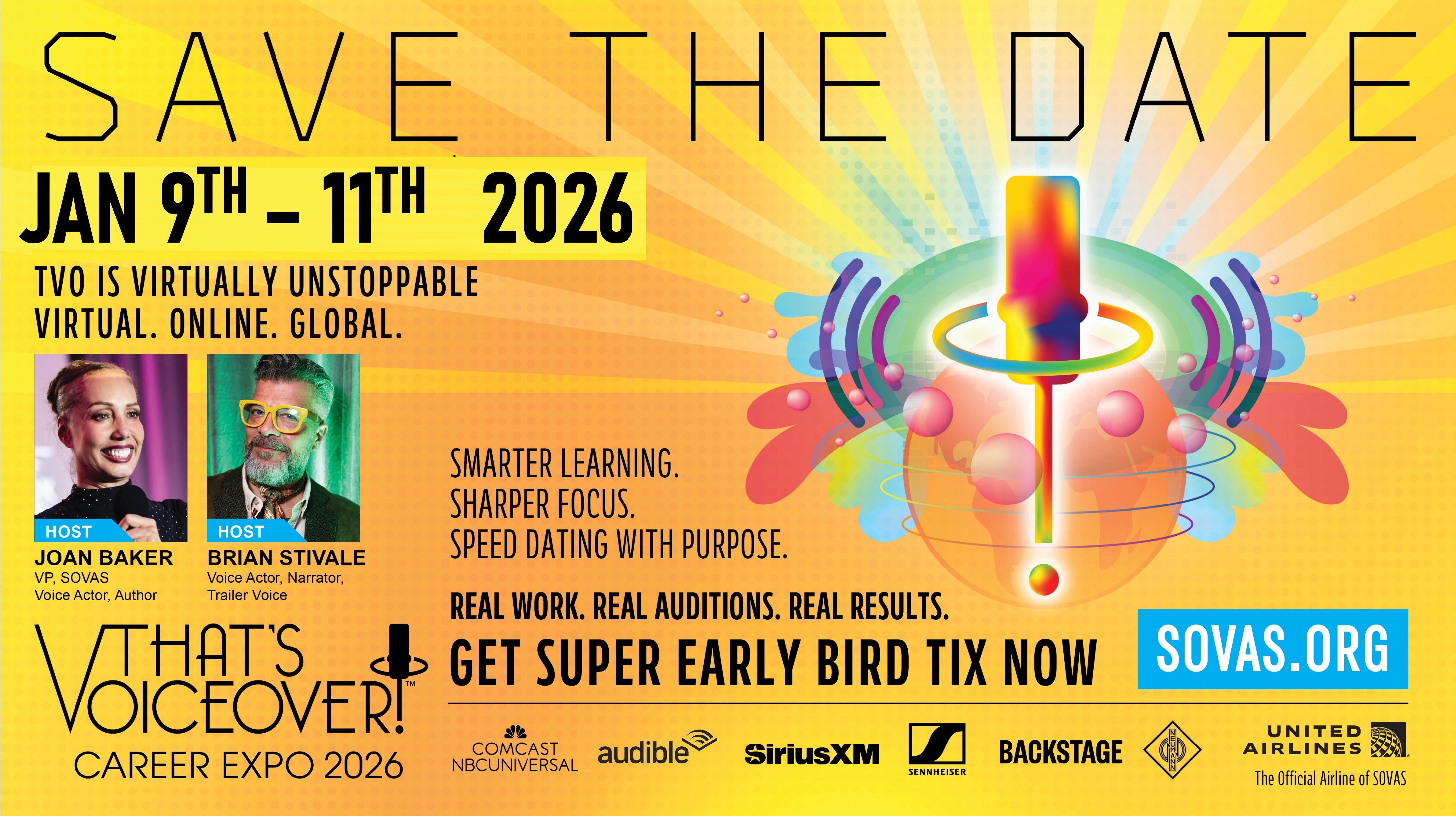Voices As Canvas:
The Fine Art of the Voice Arts®
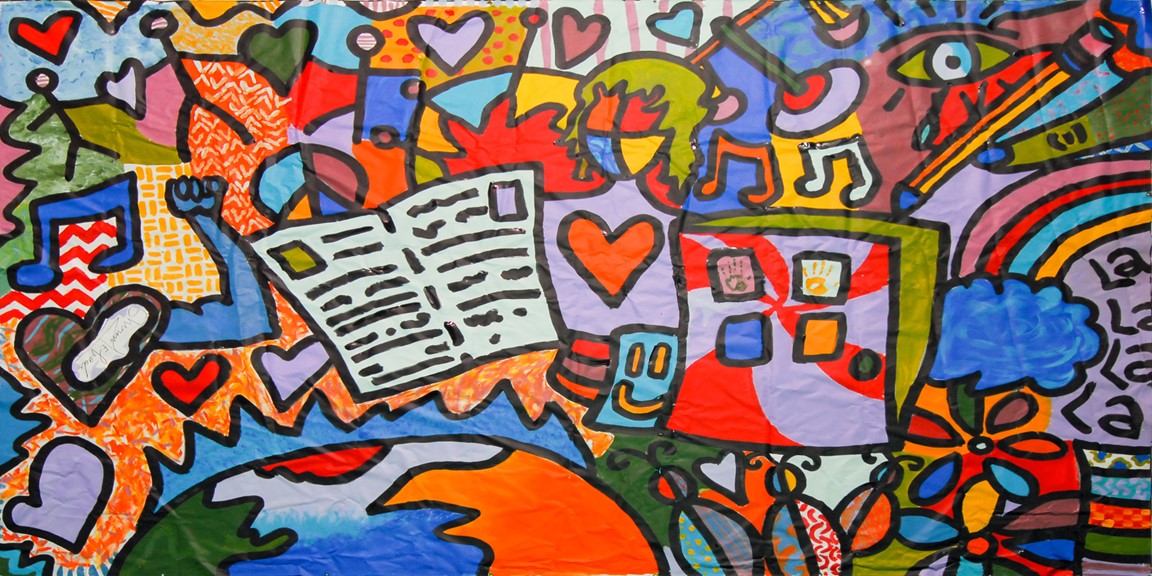
By Rudy Gaskins, 7/28/2024
In the realm of creative expression, the voice stands as an unparalleled instrument of human connection. Voice acting and spoken word artistry, encompassing the vast domains of animation, video games, audiobooks, TV commercials, e-learning, and dubbing, are often underappreciated for their transformative power. These forms are not mere technical exercises; they are embodiments of fine art. The care, passion, and expertise that voice artists invest in their craft elevate it to an art form capable of touching, moving, and inspiring its audience.
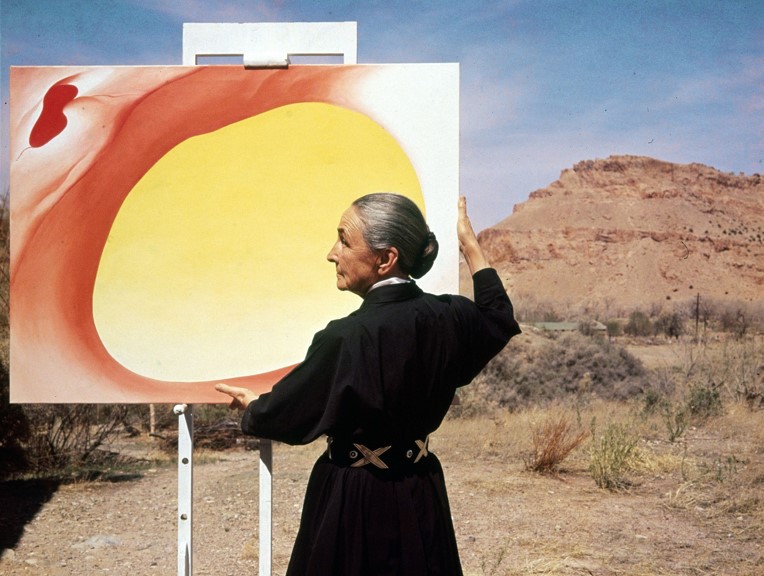
The mastery of any practice is what defines it as art, along with the intent to evoke emotions and provoke thoughts. For the voice actor it is the individuality of their voice. As Georgia O’Keeffe once said, “I know now that most people are so closely concerned with themselves that they are not aware of their own individuality. I can see myself, and it has helped me to say what I want to say—in paint.” This sentiment rings true for voice acting, where the artist breathes his personal life and point of view into characters, stories, and concepts, lifting them from the mundane to the extraordinary. A voice actor’s ability to convey emotion, build tension, and create immersive experiences is nothing short of alchemy.
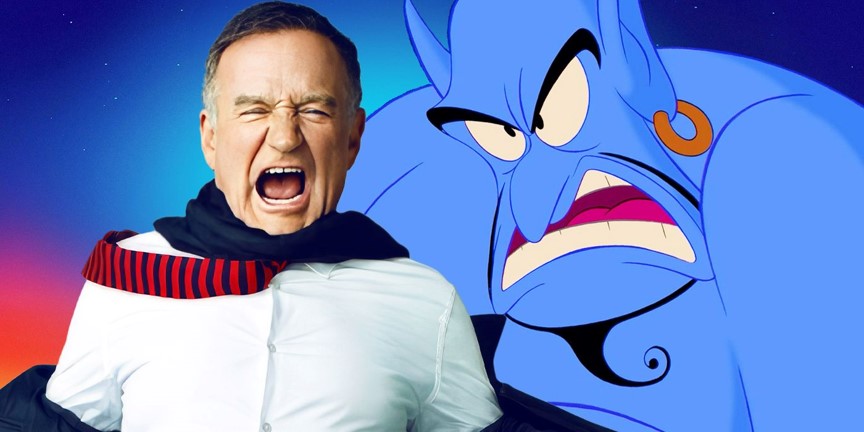
Consider the world of animation, where characters are brought to life not just by lines and colors, but by the voices that inhabit them. The late Robin Williams’ portrayal of the Genie in Disney’s “Aladdin” is a testament to this art. Williams’ boundless energy, comedic timing, and emotional depth transformed the Genie into an unforgettable character that resonated with audiences worldwide. His performance exemplifies how voice acting can transcend the visual medium, leaving an indelible mark on the hearts and minds of viewers.
What often goes overlooked about Williams is that he studied as a classical actor at the College of Marin and performed in several Shakespeare plays under the direction of legendary drama professor James Dunn. He studied for three years at College of Marin before leaving for the Juilliard School in New York, where he won a full scholarship and studied under John Houseman. This is especially notable because most voice actors do not have classical acting training. Some have extraordinary natural ability, while others have a knack that allows them to make a respectable living. However, two powerful forces are pushing the artistry of voice acting to new heights of artistry. One is the onslaught of AI companies seeking to bypass voice actors by replicating human speech and emotion with increasing success. The second is the push by content creators to hire voice actors with the requisite skills that come from a classically trained acting background. This training immerses the actor in the psychological study of human emotions, behavior, and interactions. To outpace AI, it’s not enough to simply be human; you must be a scholar of what it means to be human.
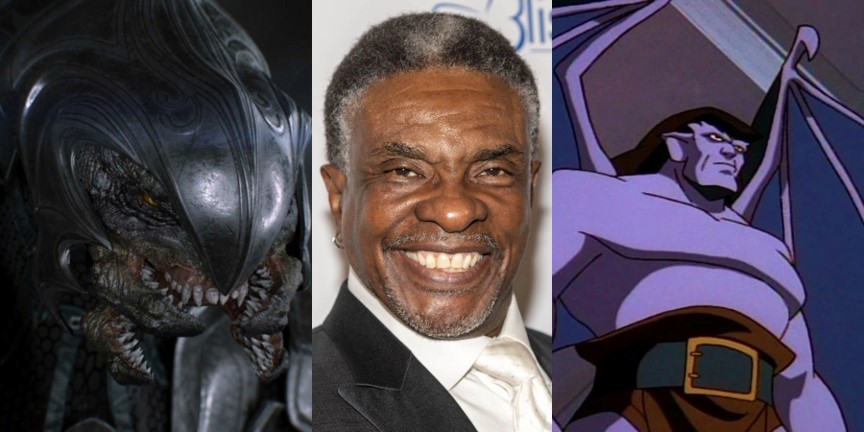
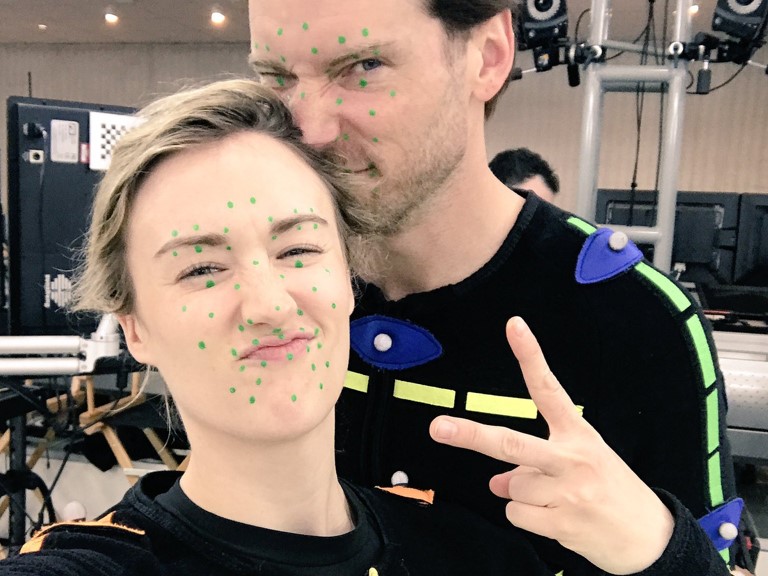
Video games, too, have evolved into a storytelling medium where voice acting plays a pivotal role. Games like “Gargoyles Remastered,” “The Last of Us” and “God of War” showcase the power of voice in crafting immersive narratives. Voice legend Keith David’s iconic voice and classically rained acting training created an unforgettable and timeless experiences as Goliath in Gargoyles and as Arbiter in HALO. Like Robin Williams, Keith David is a classically trained actor from The Juilliard School. He has won 3 Emmy Awards for his narration of documentaries for the legendary Ken Burns, and in 2013 was the inaugural recipient of Voice Arts® Award from the Society of Voice Arts and Sciences (SOVAS). Troy Baker and Ashley Johnson, through their portrayals of Joel and Ellie (The Last of Us Part 1) infused their characters with a profound sense of humanity and vulnerability, making players deeply invested in their journey. These performances demonstrate that voice acting in video games is not merely about delivering lines; it is about creating an emotional connection that enhances the interactive experience.
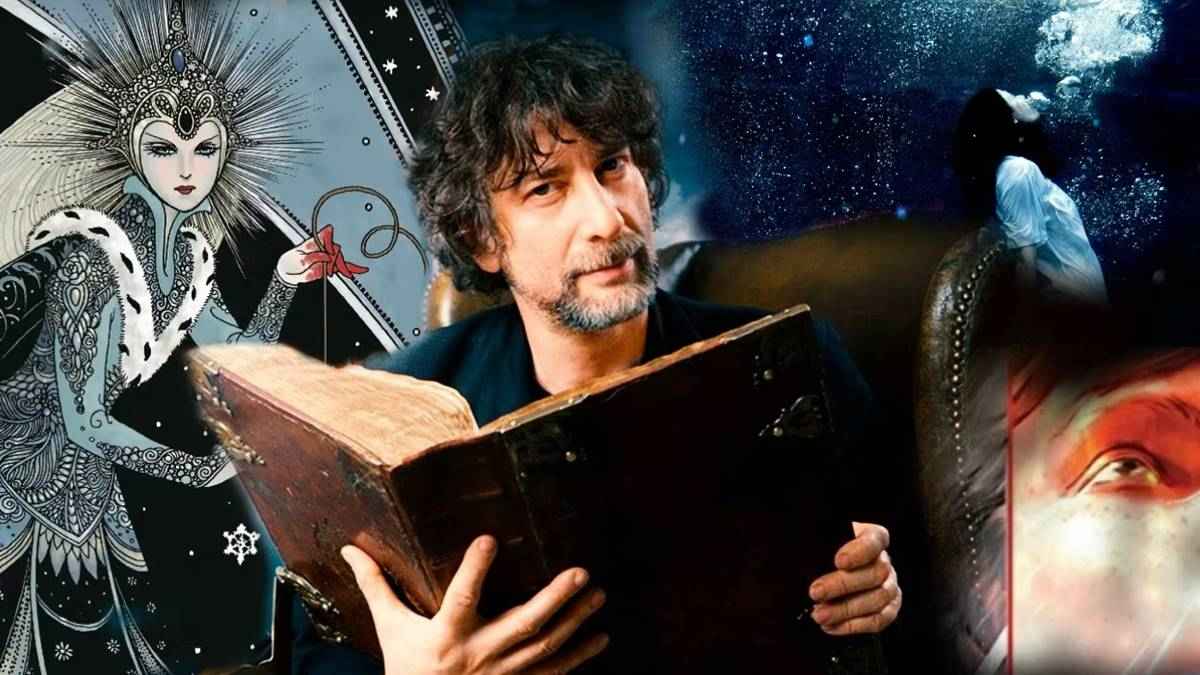
Audiobooks have revolutionized the way we consume literature, bringing stories to life through the spoken word. A skilled narrator can transform a book into a captivating auditory experience, guiding listeners through the intricacies of plot and character with nuance and subtlety. As author Neil Gaiman eloquently stated, “A book is a dream you hold in your hands.” When a voice artist narrates that dream, they invite listeners into a world where imagination and reality blur, creating an intimate bond between the storyteller and the audience. Clearly, Gaiman is an author who deeply understands the intersection of various art genres, including voice acting and filmmaking. Many of Gaiman’s works have been adapted into film and television, such as his fantasy novel Stardust, which starred Robert De Niro, Michelle Pfeiffer, and Claire Danes, and the novel Coraline, which was adapted into a stop-motion feature starring Dakota Fanning and Teri Hatcher.
TV commercials and e-learning modules may seem like unlikely candidates for artistic recognition, yet they too benefit from the artistry of the voice actor. In commercials, a well-delivered voiceover can evoke trust, excitement, or nostalgia, influencing consumer behavior in profound ways. E-learning, on the other hand, relies on clear, engaging narration to educate and inspire learners. The voice artist’s ability to convey complex information with clarity and enthusiasm is crucial in these contexts, underscoring the importance of their craft.
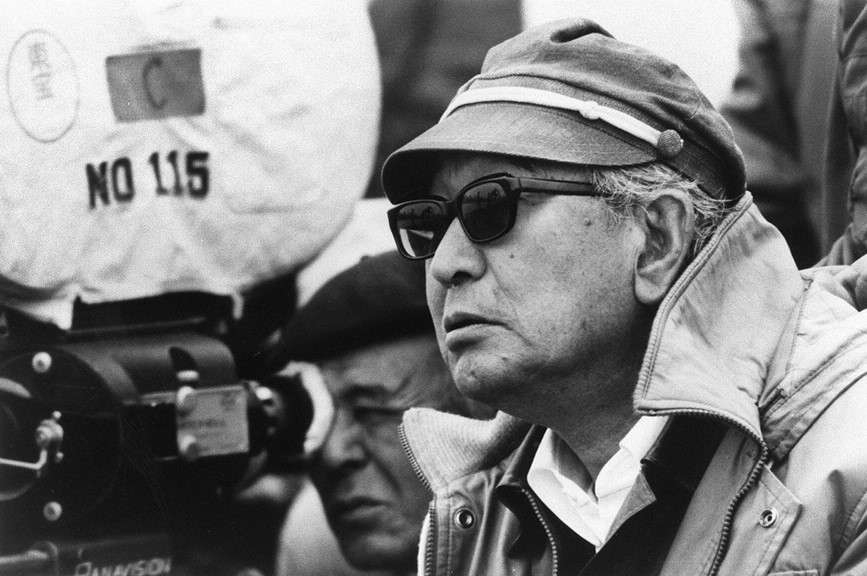
Dubbing, often seen in foreign films and television series, is another domain where voice acting shines. The challenge of matching lip movements while conveying the original intent and emotion of the performance requires immense skill and creativity. As the renowned filmmaker Akira Kurosawa once noted, “The role of the artist is to not look away.” Dubbing artists directly embody this principle, ensuring that the essence of a performance is preserved and appreciated by audiences across linguistic boundaries. At the same time, any truly authentic performance requires voice actors, whatever the genre, to confront the interpretive challenge head-on and bring all possible human elements to its intent.
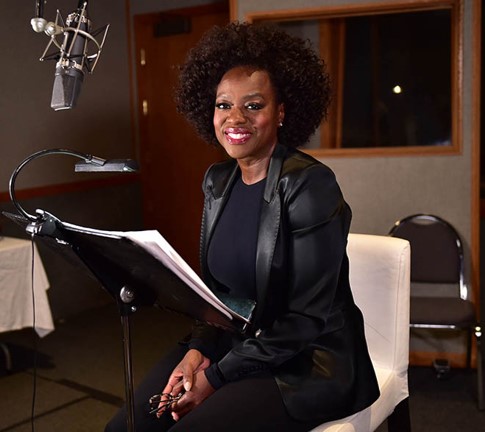
The journey to becoming a voice artist is fraught with challenges, yet it is this very journey that defines the artist. To embrace oneself as an artist is to acknowledge the commitment and dedication required to hone one’s craft. It is to recognize that the pursuit of excellence in voice acting is a lifelong endeavor, one that demands continuous learning and growth. Vincent van Gogh observed, “What would life be if we had no courage to attempt anything?”
Voice artists must summon the courage to explore the depths of their creativity, to push the boundaries of their expression, and to embrace the vulnerability that comes with true artistry. They must strive to touch, move, and inspire their audience, not just through their technical prowess, but through their ability to connect on a deeply human level.
Voice acting and spoken word artistry are undeniable forms of fine art. The mastery of these crafts, coupled with the intent to evoke emotion and provoke thought, elevates them to the highest echelons of artistic expression. For those who wish to flourish in this field, embracing oneself as an artist is not just a choice; it is a guiding light to a joyful and fulfilling career. As Joseph Campbell aptly put it, “The privilege of a lifetime is being who you are.” For voice artists, this privilege is the foundation of their art, and it is through their voices that they leave an indelible mark on the world. ♦♦♦
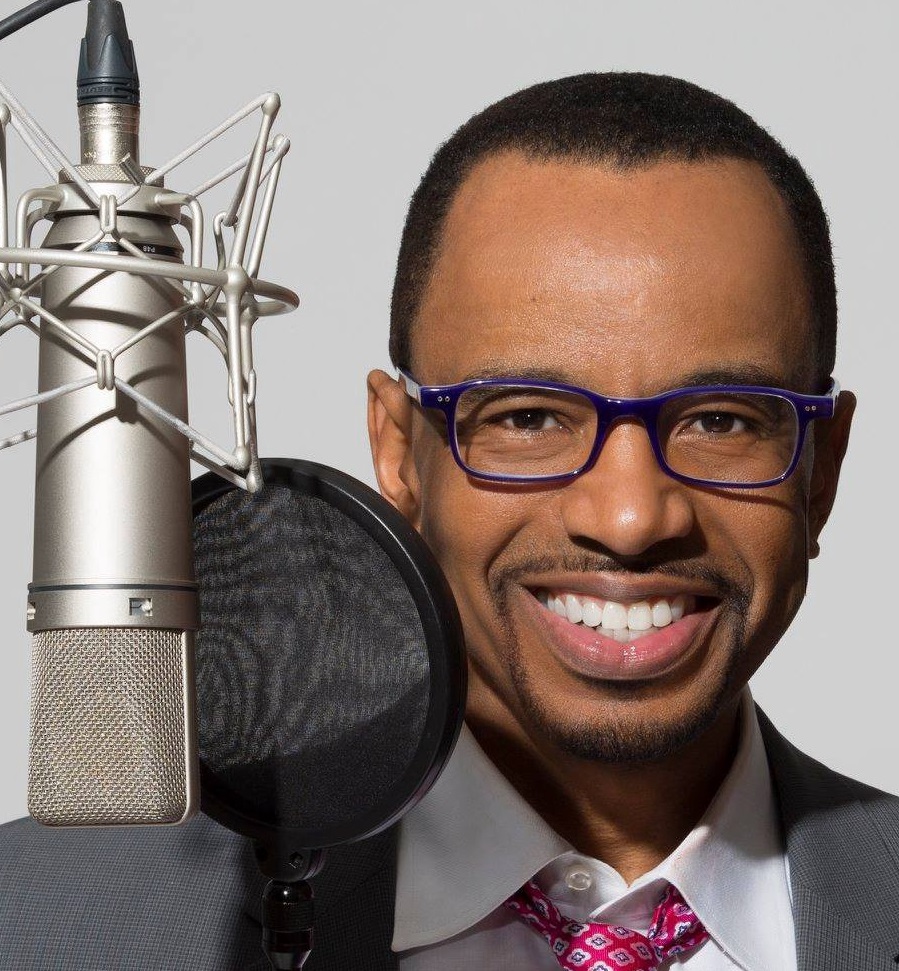
Rudy Gaskins is an Emmy Award-winning TV producer, writer, and branding expert who has developed creative and branding services for global brands such as American Express, Lexus, NBC Sports, Delta Air Lines, Costco, Food Network, BET, and TV One. With dozens of marketing and creative awards to his name, Gaskins is a recognized leader across the media spectrum. He is also the CEO and co-founder of the Society of Voice Arts and Sciences (SOVAS), a nonprofit organization dedicated to supporting the global community of voice actors and the associated craft professionals within the voice acting ecosystem. Gaskins co-created That’s Voiceover! Career Expo, the longest-running voiceover conference in the world, and the Voice Arts® Awards, the first and only awards program honoring nearly all genres of voice acting and servicing multiple languages worldwide.
